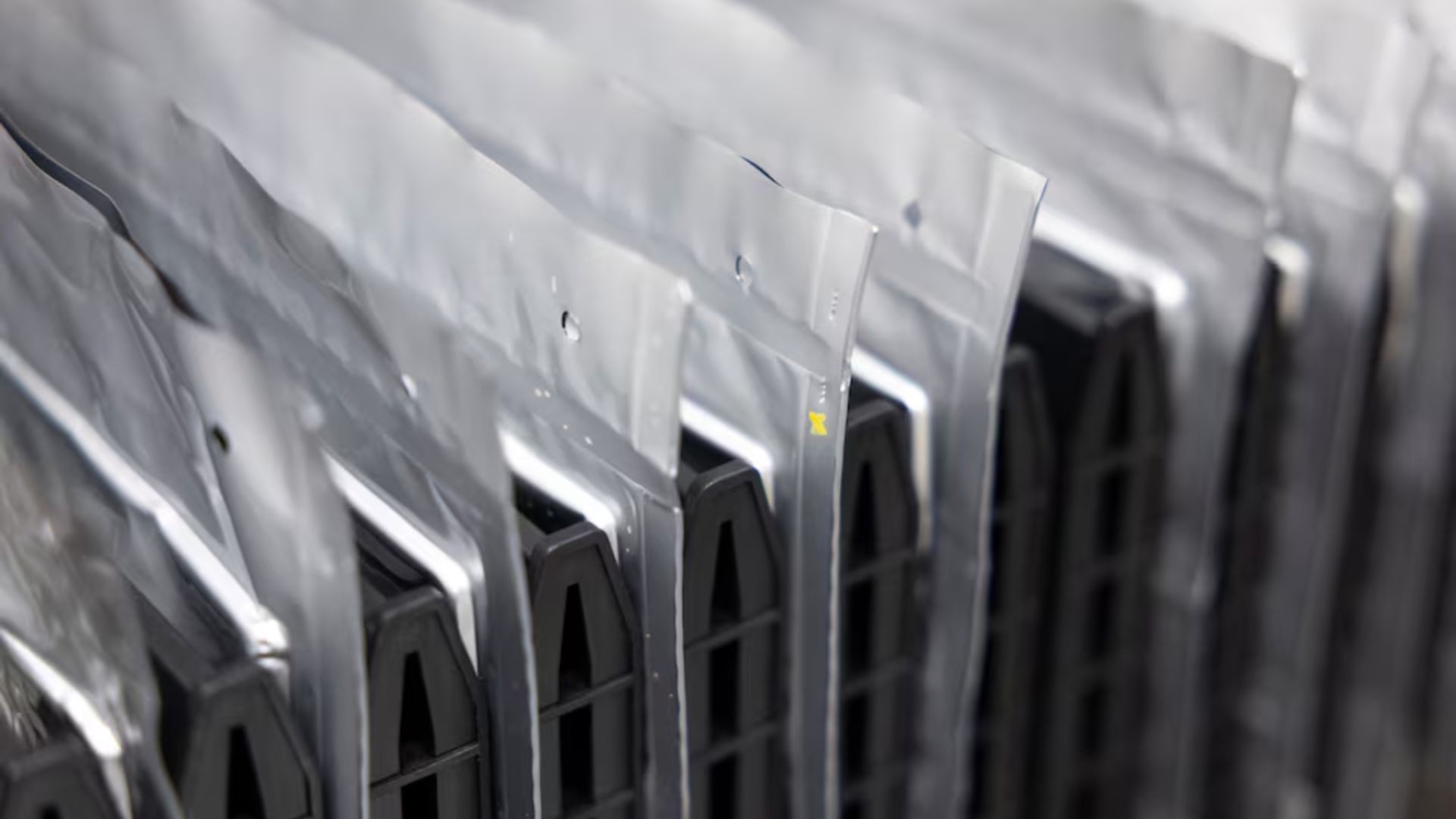Summary
- Northvolt’s collapse was a blow to Europe’s battery industry
- Future growth may depend on Chinese investment and know-how
- Joint ventures with Chinese battery makers could become the norm
VODERADY, Slovakia, (Reuters) – Northvolt’s financial collapse has not entirely crushed Europe’s dream of developing its own electric vehicle batteries but fulfilling it is likely to require Chinese cash and expertise.
InoBat CEO Marian Bocek’s Slovakian start-up had to work hard to secure funding until China’s fifth-largest battery maker Gotion bought a 25% stake last year and formed a joint venture with InoBat to build European gigafactories.
On Friday, InoBat announced 100 million euros ($104 million) in Series C funding, taking its total raised to well over 400 million euros.
Coming just weeks after Northvolt’s downfall, the investment shows European EV battery projects can still raise money.
But instead of an independent European industry, the norm in future may be joint ventures that likewise rely on China’s low-margin EV battery dominance, according to interviews with a dozen executives, investors and analysts.
They cited the Gotion-InoBat Batteries (GIB) tie-up and a deal announced last week between Stellantis and CATL.
Battery startups are “just not the flavour of the month,” said Lacie Midgely, a research analyst at UK investment bank Panmure Liberum. “Institutional investors are looking for strategic investors before they’ll get on board.”
In 2023, Hefei-based Gotion had around 150 gigawatt hours (GWh) of nominal battery capacity, enough to produce batteries for between 1.5 million and 2 million cars.
Morningstar analyst Vincent Sun forecasts it should hit 270 GWh in 2025 – dwarfing Europe’s current capacity.
“It made a big difference that InoBat has a partner like Gotion on board,” said Vikram Gourineni, executive director at Indian battery maker Amara Raja a lead investor in InoBat’s Series C round. Amara Raja also participated in InoBat’s Series B round and has signed a licensing deal for GIB battery technology.
Gourineni said high-profile failures by start-ups like Northvolt and Britishvolt have left automakers demanding proven scale “because they don’t want to risk their EV programmes”.
InoBat has a pilot production line making high-performance EV batteries in Voderady, near Bratislava, and will also be Gotion’s “European face” for larger gigafactories, Bocek said.
“Investors look at us and see our big brother (Gotion) will ensure our cells get produced,” Bocek told Reuters.

MAJOR BLOW
Sweden’s Northvolt raised more than $10 billion but failed in its plans to mass-produce EV batteries and compete with China’s experienced and deep-pocketed BYD and CATL.
That has left investors questioning other battery projects as the energy transition proceeds more slowly than expected.
At least eight companies have postponed or abandoned European EV battery projects this year, including joint venture ACC, led by Stellantis and Mercedes-Benz.
Europe’s battery pipeline capacity out to 2030 has fallen by 176 GWh in 2024, according to data firm Benchmark Minerals.
But other projects are slowly gearing up.
France’s Verkor, backed by customer Renault, has secured around 3 billion euros for a 16 GWh gigafactory in Dunkirk that will produce batteries for 300,000 EVs annually when completed around 2028.
Verkor must show it can deliver to Renault before a “significant number” of potential automaker customers sign up, CEO Benoit Lemaignan said, adding: “They are happy to interact with us, but they want to see the product first.”
Britain’s Ilika will provide test EV battery cells in 2025 to 17 automakers and battery makers, including Tata Motors unit Agratas.
Rather than building a gigafactory, Ilika wants licensing agreements to mass-produce its solid-state batteries, CEO Graeme Purdy told investors during an early December tour of its pilot production line. It already has such a deal with U.S. firm Cirtec Medical, which will start producing tiny batteries for medical devices next year.
Michael Rae, a clean-tech fund manager at M&G who was on the tour, said Ilika currently falls below his fund’s market cap threshold but could become an investment candidate.
Battery makers like Ilika must still win major automotive customers, he said, requiring a “totally different skillset”.
MOVE FASTER
Gotion’s expertise helps InoBat solve problems, said CEO Bocek, adding: “This helps us move faster and conserve cash.”
He said high-performance European automakers including Ferrari are currently testing InoBat’s energy-dense batteries, to be made at the low-volume, high-margin 4 GWh gigafactory the company is building in Voderady.
The GIB joint venture is meanwhile focused on high-volume, lower-margin production leveraging Slovakia’s position as Europe’s fourth-largest car producer and its proximity to German, Czech and Hungarian auto plants.
GIB plans a $1.2 billion 20 GWh gigafactory in Surany, Slovakia to provide batteries for 200,000 EVs annually from 2027 for Volkswagen, which owns 24.45% of Gotion. InoBat’s portion is part-funded by Slovak government aid of 214 million euros.
Bocek said automaker interest in an additional, planned 20 GWh production line at Surany has grown, particularly since Northvolt ran into trouble.
Andy Leyland, co-founder of supply chain specialist SC Insights, said investors and automakers want to “de-risk production”.
“The Chinese have mastered low-cost mass production, so if you want batteries made, most likely Asian battery makers will make them,” he said.
($1 = 0.9619 euros)
Editing by Josephine Mason and Catherine Evans











